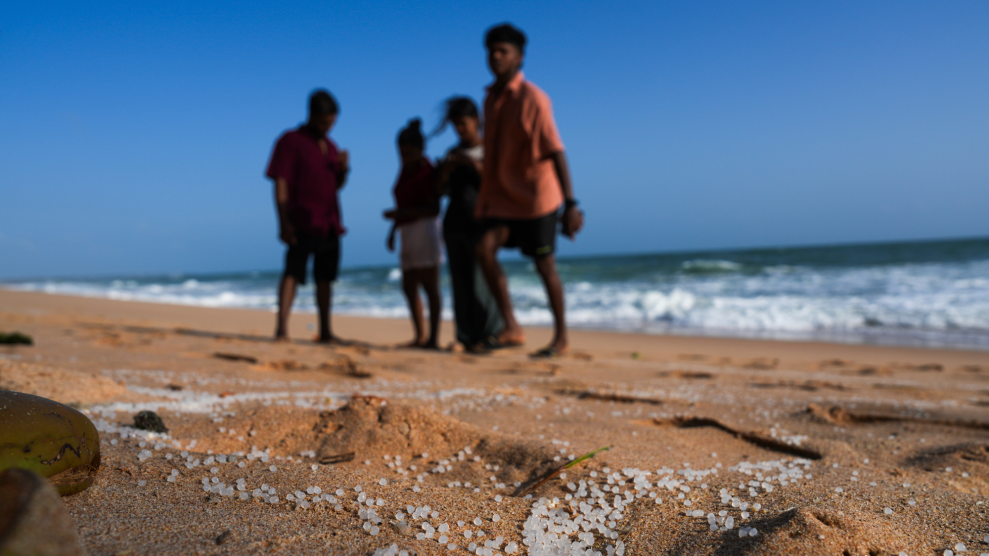The most effective treatments for troubled teenagers have these things in common: They use family-based therapies; they treat adolescents with empathy, dignity, and respect; and, except for very short periods of emergency stabilization, they keep teens at home.
Research has proven the effectiveness of a number of methods for treating youth with behavioral and other problems—including functional family therapy, cognitive-behavioral family therapy, and multisystemic family therapy (the latter, ironically, is available almost exclusively to kids in the juvenile justice system). All of them focus on improving communication between children and parents, setting clear boundaries, and ensuring that teenagers’ developmental needs for increased freedom, social connection, and responsibility are recognized and met in safe and healthy ways. Inpatient treatment happens only on a short-term basis when a child is a threat to himself or others.
Since most problems involve fractured family relationships, recovery requires repairing those bonds—connections that can be harder to rebuild if a child spends years away from home. “Youth will modify their dangerous behavior in response to practical, problem-solving, behavioral therapies—if they feel respected and cared for by the therapist,” explains Charles Huffine, a child and adolescent psychiatrist in private practice in Seattle.
Effective therapies also recognize that different problems require different approaches. What helps a kid with autism or Asperger’s is different from what is needed for a child with conduct disorder or depression or drug addiction. Appropriate medication and talk therapies tailored to these conditions can make all the difference. Residential programs, on the other hand, are generally one size fits all, even while they claim to offer individualized care.
Huffine notes that getting youths to change their behavior often takes longer than parents realize (or hope for). He recommends avoiding programs that promise too much, as well as those that exaggerate the danger of problematic but common teen troubles such as poor grades, bad attitudes, and experimentation with drugs. “Such programs,” says Huffine, “exploit parents who feel desperate.”
















